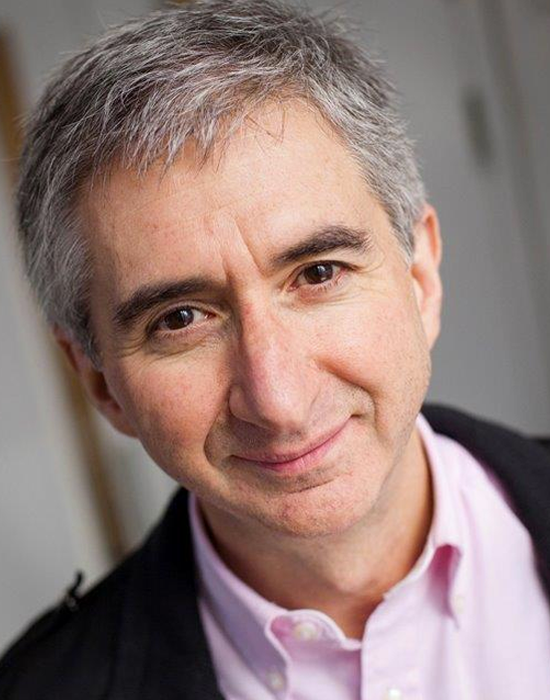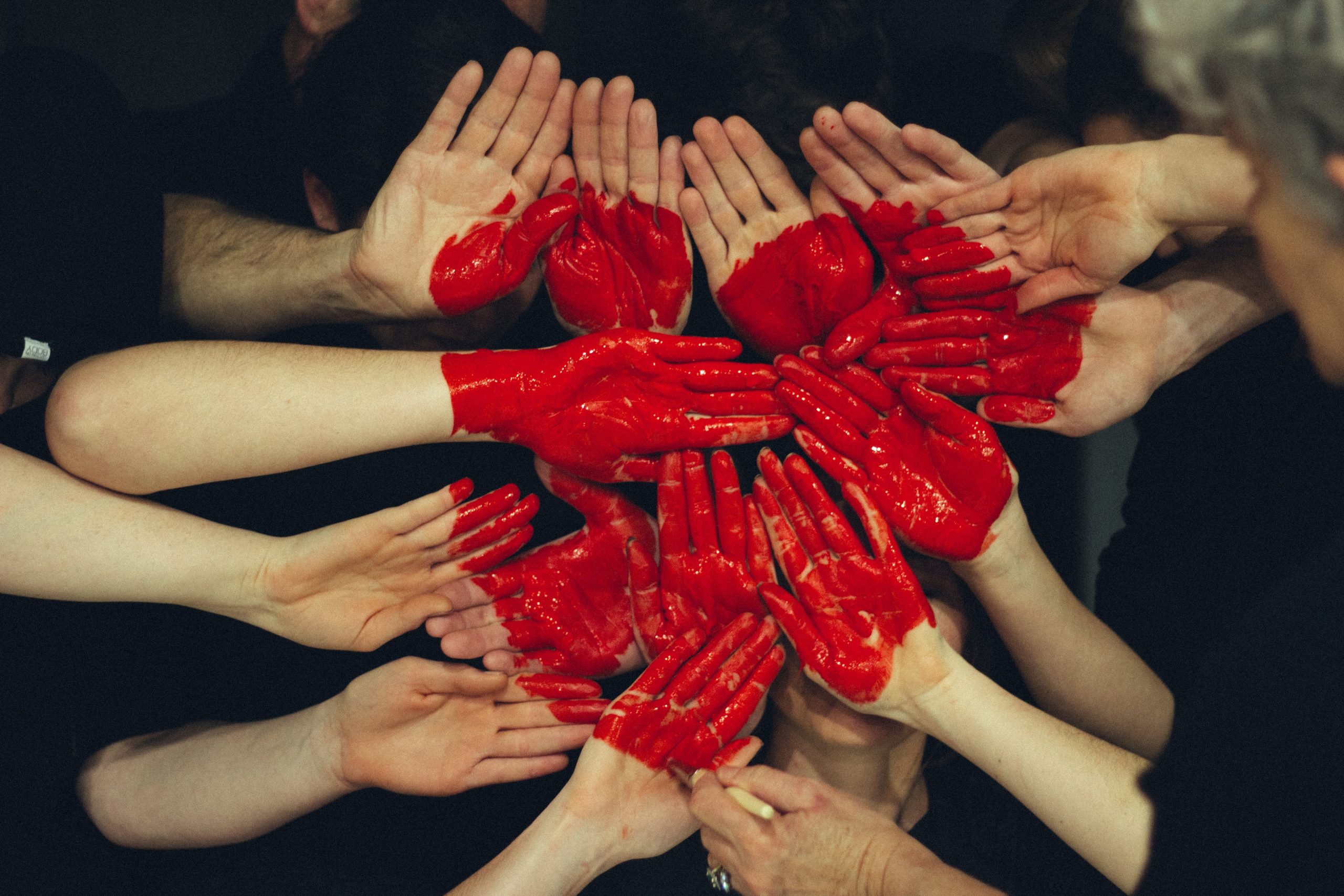Mark Greene, author of Probably the Best Idea in the World, reflects on 7 things he has learned about relationships.
1. I’m not nearly as good at them as I used to think I was. And I’m not being self-deprecating. Ask my children. Ask my friends. Don’t ask my co-workers.
2. Love is the key to every relationship – family, friends, co-workers, customers, traffic wardens, telephone salespeople… Love necessarily expresses itself differently with different people but God-fuelled respect, honour, concern for the other person’s wellbeing is the wellspring of all our interactions. Jesus was asked, “What is the greatest commandment?” His response cites loving God and neighbour as the greatest commandments. That’s not just because they are the most important but because they are the beating heart of every other command and every revelation of God’s will in the Old Testament (Matthew 22:35-40).
3. Soak in God’s love. The more we marinade in the truth of God’s unconditional, steady, kindly, creative, abba-love for us, the freer we become to love others… and the more we are aware that if we want to love like him we not only need the assurance of his love but his Spirit to help us. Ask for his help.
4. A smidgen of kindness goes a long, long way – a card, a cup of coffee, a smile, one finger of a Kit-Kat (there’s a limit to self-sacrifice)… But, in amongst all the options, listening carefully is one of the most liberating, affirming gifts we can give anyone. This isn’t just about listening when someone’s going through troubled waters but about an attentiveness to people in the day to day, paying attention to their preferences, picking up on their enthusiasms, celebrating their quirks, learning to read between their lines, appreciating their uniqueness…
5. Say ‘sorry’ quickly, say ‘ouch’ gently. ‘Sorry’ is the hardest word for some people. ‘Ouch’ is the hardest word for me. Both are vital if we are to fulfil Jesus’ command to forgive (Matthew 6:12) and indeed to love our neighbour as ourselves. It’s obvious why saying ‘sorry’ is important, less so with ‘ouch’. But if we don’t say ‘ouch’, particularly if it’s out of our own desperate need for approval or our terror of conflict, all kinds of toxins can begin to brew: unforgiveness, resentment, self-disgust at our own weakness, perhaps dressed up as patience and forbearance. Furthermore, if their behaviour is part of a pattern, we’re unlovingly failing to help them become more like the person Jesus wants them to be. Still, prayerful discernment is required, some of the people who most need confronting are the ones who are least likely to welcome it. Augsburger’s book Caring enough to Confront is brilliant.
6. We’re created for depth of relationship – but our relationships aren’t just for our own encouragement, emotional wellbeing, amusement, joy, physical pleasure, healing, growth in love and godly character and dependence on God, they are also a means through which God works to achieve his purposes in the world – houses built, clothes made, food delivered, education offered – virtually nothing happens in our society except through relationships. And most things happen better when the relationships are better.
7. A true friend is a gift beyond price, and a strength beyond measure. If you have one, tell them how much you treasure them, and praise God for them.
Originally published by Woman Alive
About the Author

Mark Greene is Katriina’s husband, Matt, Tomi and Anna-Marie’s father, and part of a youth church in Watford. He’s also LICC’s Executive Director. His new book Probably the Best Idea in the World is a joyous and imagination-expanding exploration of the Great Commandment and how it can enrich every aspect of our lives – from how we eat to how we do the dishes, from where we live to how we choose a job.

